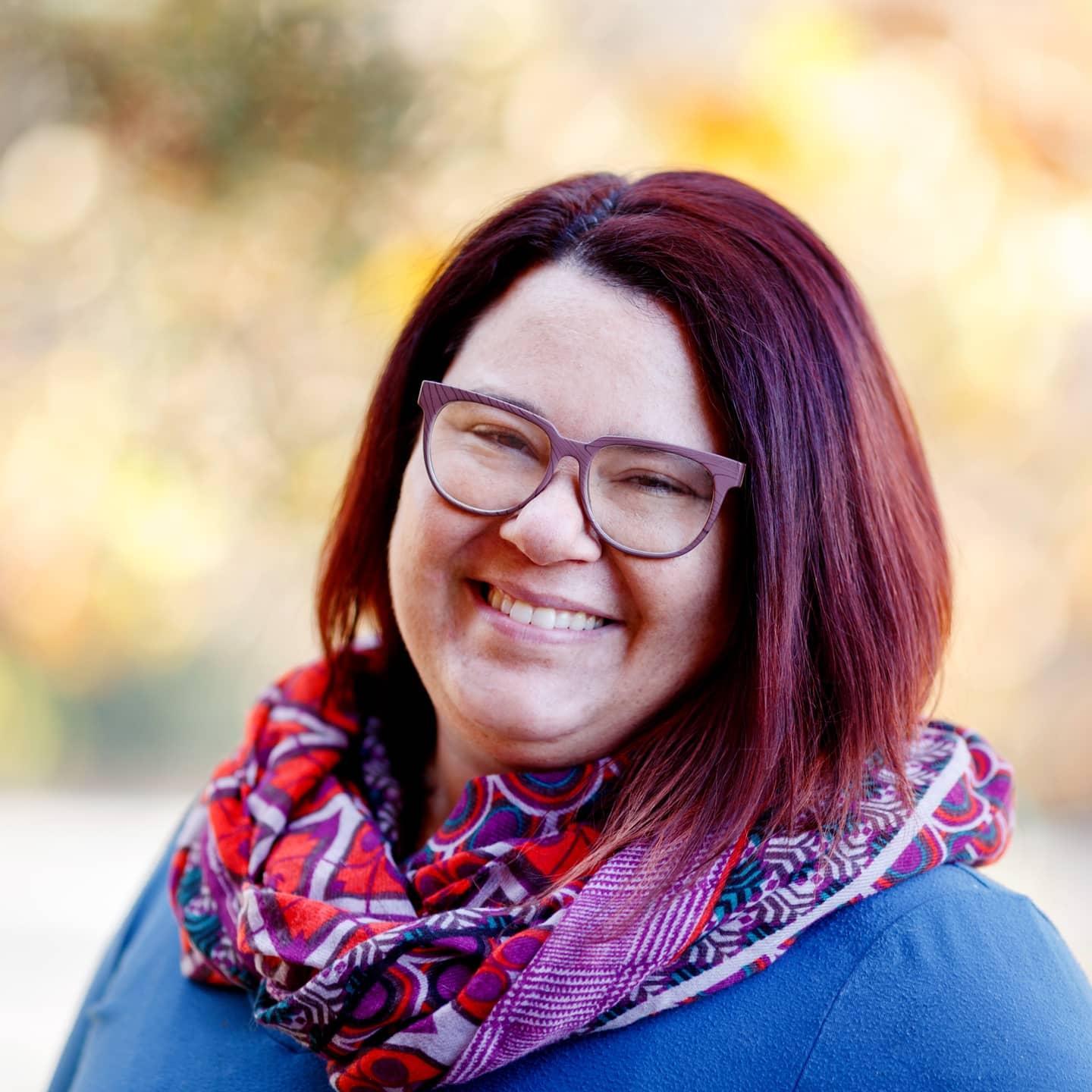Profile: Sarah Hope
Every day, we are so grateful for our students' commitment to the profession and the faculty members that that support them in their growth. Meet Sarah Hope (she/her) of Asheville, North Carolina, who graduated from Tulane's Part-Time Online MSW program in 2022.
Almost two decades after earning her Bachelor of Science in Sociology and Women's Studies from Appalachian State University, Hope knew she wanted to take the next step toward her dream of being a clinical social worker.
"My interest is in pursuing a Clinical practice with a focus on Grief, Bereavement, Maternal Survivor Services, Therapy for Disabilities and Chronic Illness, LGBTQIA, and Race & Ethnicity," Hope said. Tulane is lucky to have a world-class faculty with a wide range of specialties.
From her home state of North Carolina, Hope earned her MSW online. Due to our signature synchronous classes, Hope was able to develop deep relationships with her professors and peers. "The most influential time at TSSW are the courses I took under Dr. Candace Beasley. Her dedication to the field of social work and service to her clients is inspirational. She deeply cares for her students and demands hard work in her classes," Hope said. "You most certainly earn your grades."
Tulane prides itself on creating an inclusive and welcoming environment, but social work often necessitates a feeling of discomfort. Our professors are experts at maintaining safe classrooms while fostering personal growth. "The deepest impact has been learning from her and being pushed into my personal discomfort and confronting my internal biases. This practice has made a significant imprint on my personal and professional self. I am certainly grateful to have been her student. I recognize and appreciate the growth trajectory that her teachings created in me."
Online vs. On-Campus MSW: Which is Right For You?
Choosing between online and on-campus study for your Master of Social Work (MSW) at Tulane is a decision that hinges on your unique needs and preferences. Delve into the heart of New Orleans' vibrant community with on-campus learning, where you'll engage with esteemed faculty and fellow students, immersing yourself in the rich culture and history that New Orleans offers.
Alternatively, embrace the city you live in with online study that prioritizes field education placement in your local community. Balance your education with personal and professional commitments from anywhere in the world. With part-time online study, students like Hope can maintain their busy lives, take care of their families, and keep up their careers while taking that next professional step.
With both options, Tulane ensures a comprehensive MSW program that equips you with the skills and knowledge to make a profound difference in the lives of individuals and communities.
What Can You Do with an MSW?
Hope is a self-employed Clinical Social Worker and Grief Coach, providing therapy, counseling, and mental health services to individuals, families, and groups. But there are many other options available to MSW graduates, including:
- Medical Social Worker: Assisting patients and their families in navigating healthcare systems, coordinating care, and providing emotional support.
- School Social Worker: Supporting students' academic success and social-emotional well-being by addressing barriers to learning and providing counseling services.
- Child Welfare Social Worker: Ensuring the safety and well-being of children by investigating reports of abuse or neglect, providing interventions, and facilitating placements in foster care or adoption.
- Geriatric Social Worker: Helping older adults and their families navigate aging-related challenges, such as long-term care planning, accessing resources, and coping with health issues.
- Mental Health Counselor: Providing counseling and therapy to individuals with mental health concerns, often in community mental health centers, private practices, or hospitals.
- Substance Abuse Counselor: Assisting individuals struggling with substance use disorders by providing counseling, support, and referrals to treatment programs.
- Community Organizer: Mobilizing communities to address social issues, advocate for policy change, and develop resources and support networks.
- Policy Analyst/Advocate: Researching social issues, analyzing policies, and advocating for legislative changes to address systemic inequalities and improve social welfare.
- Program Coordinator/Manager: Overseeing social service programs, such as those focused on homelessness, domestic violence, or youth services, including program development, implementation, and evaluation.

